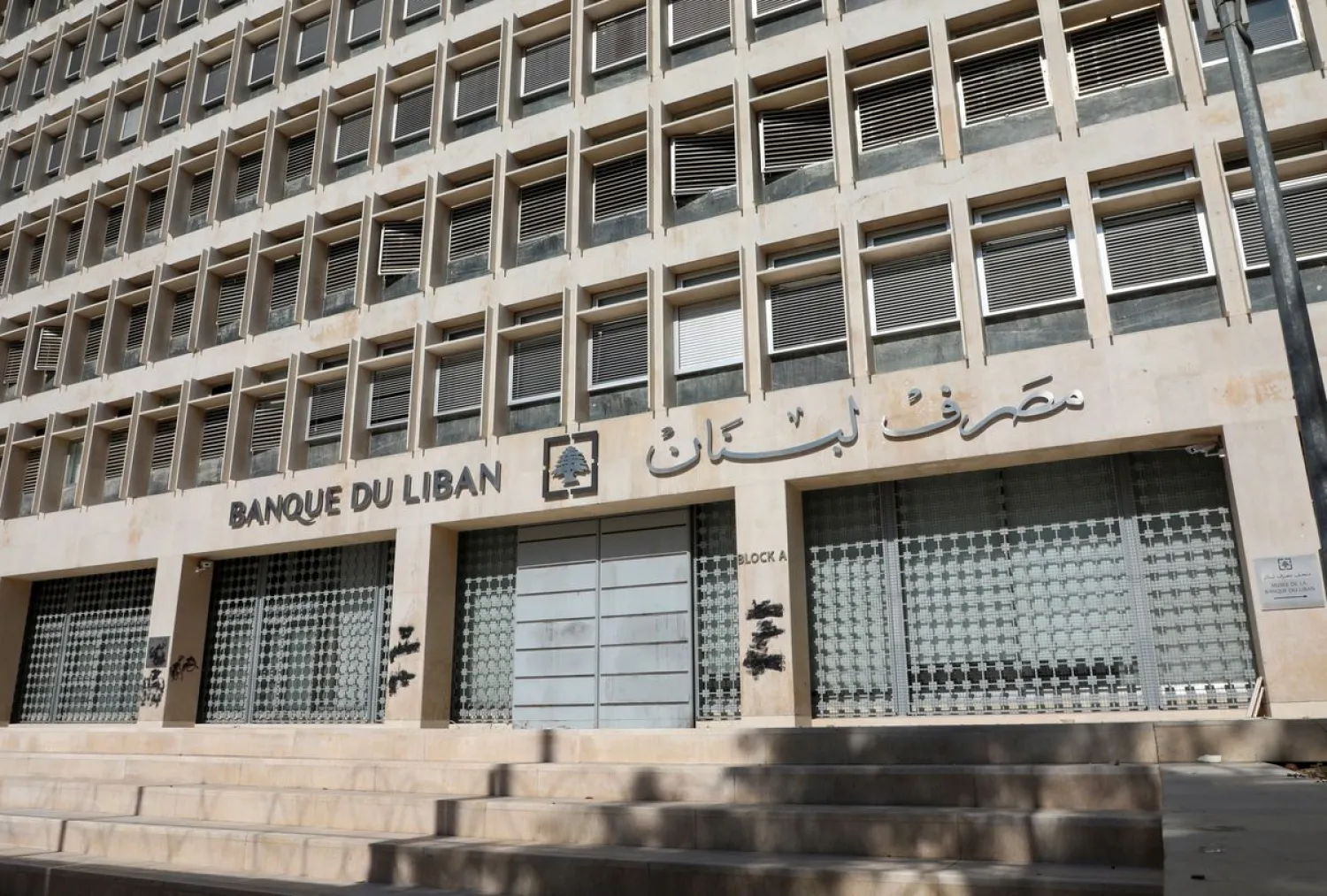Banks in Switzerland are holding a substantial amount of the millions of dollars Lebanese central bank chief Riad Salameh is accused of embezzling, Swiss media reported on Sunday.
Salameh, 72, faces investigations related to suspicions of money laundering and illicit enrichment in Lebanon and abroad after he amassed a fortune in the country mired in financial crisis.
A Lebanese judge on Thursday filed new charges against Salameh, his brother Raja and his former assistant Marianne Hoayek for embezzlement of public funds and money laundering.
Salameh categorically denies all accusations against him and has rarely appeared before the judiciary, despite numerous complaints, summonses, investigations and a travel ban issued against him a year ago.
Twelve Swiss banks have received a large part of the money he is alleged to have embezzled, estimated at up to $500 million, SonntagsZeitung reported on Sunday, according to AFP.
The Swiss weekly said $250 million was left on Raja Salameh's personal account with HSBC's subsidiary in Geneva.
Other amounts ended up with UBS, Credit Suisse, Julius Baer, EFG and Pictet, with the transactions carried out using an offshore company registered in the British Virgin Islands, the report added.
"Considerable sums" were then allegedly used to buy real estate assets in several European countries.
SonntagsZeitung said some of the funds have already been frozen, but federal prosecutors have not revealed how much.
Switzerland's federal market regulator FINMA has been carrying out preliminary investigations into 12 Swiss banks "for months", it reported.
A spokesman told the weekly that legal proceedings had been started against two banks in the "Lebanese context", but their names were not revealed.
Lebanon opened an investigation into Salameh's assets in 2021, after a request for assistance from Switzerland's public prosecutor probing more than $300 million in fund movements by the governor and his brother.
Riad Salameh has headed Lebanon's central bank since 1993.









